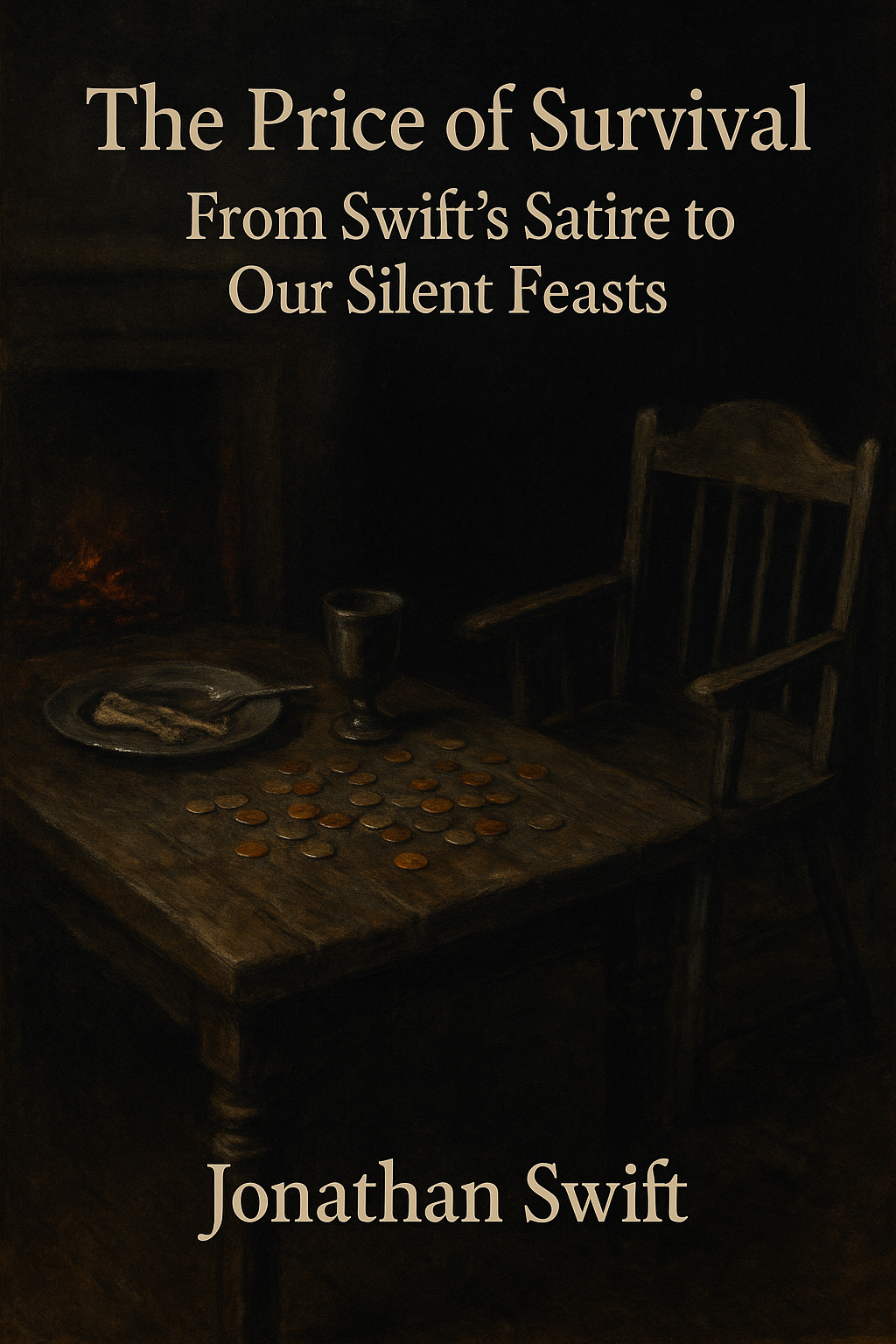-
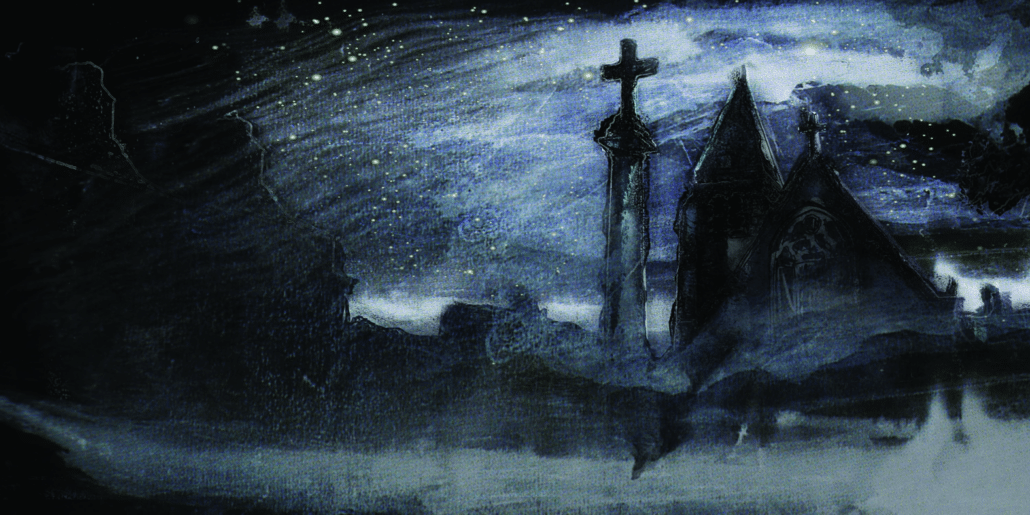
When Guilt Outlives Freedom
Jean Valjean leaves prison, but guilt follows. In Les Misérables, Victor Hugo reveals how punishment reshapes identity long after sentences end. This reflection explores mercy, shame, and survival—asking what it means to live freely when the mind still carries the weight of the cell.
-

Plotting Life’s Equations
Math isn’t just for classrooms—it’s everywhere in our daily decisions. From saving money to comparing job offers, functions and graphs quietly guide how we plan, spend, and grow. By viewing life as a series of inputs and outputs, we unlock smarter choices and deeper awareness of our journey.
-

Tupac and the Paradox of Living
Tupac and the Paradox of Living reflects on Tupac Shakur’s haunting lyric and its connection to philosophy, grief, and mental health. Poetic Bipolar Mind explores the human struggle between despair and resilience, showing how art, music, and small sparks of hope help us live inside the questions that define existence.
-

Light Carved from Shadows
Grief, creativity, and resilience are not separate—they are intertwined. This reflection explores the way loss shapes art, how collaboration breathes new life into memory, and why hope endures in the quiet persistence of survival. Even in darkness, there are sparks of light to carry us forward.
-

Rage, Acceptance, and the Light
Dylan Thomas’s Do Not Go Gentle into That Good Night demands defiance against death, yet it raises a paradox: is it better to rage or to accept? This reflection explores Thomas’s urgency, the ethics of resistance, and how Poetic Bipolar Mind embodies both rebellion and peace in the face of mortality.
-

Courted By Eternity
Emily Dickinson transforms Death into a gothic gentleman suitor in “Because I could not stop for Death.” This haunting vision of mortality as civility and courtship resonates with the mission of Poetic Bipolar Mind: to find tenderness within terror, beauty within darkness, and meaning in life’s inevitable shadows.
-
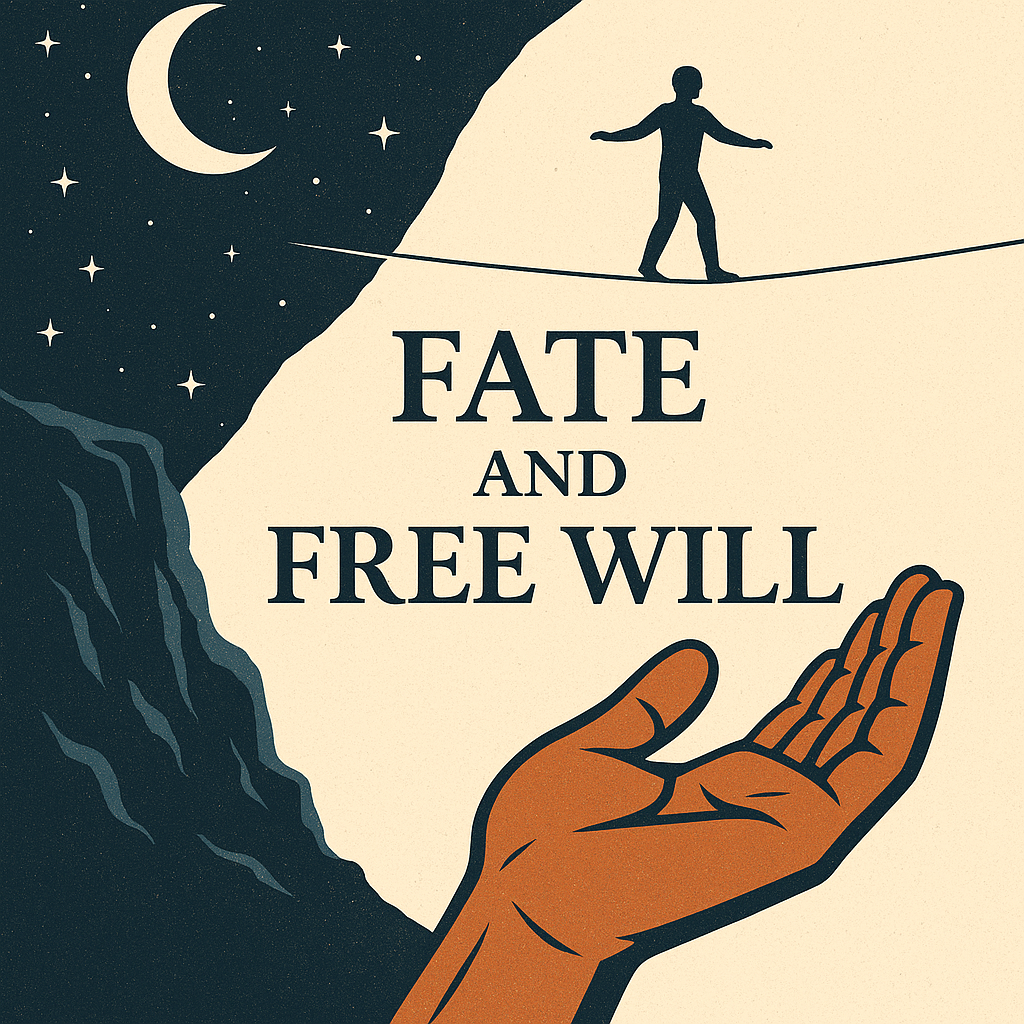
Fate and Free Will
Are our lives written in the stars or shaped by our own hands? This post explores the tension between destiny and free will, weaving philosophy, faith, and resilience. At Poetic Bipolar Mind, these questions echo as lived truths: choice as resistance, faith as anchor, and creativity as survival.
-
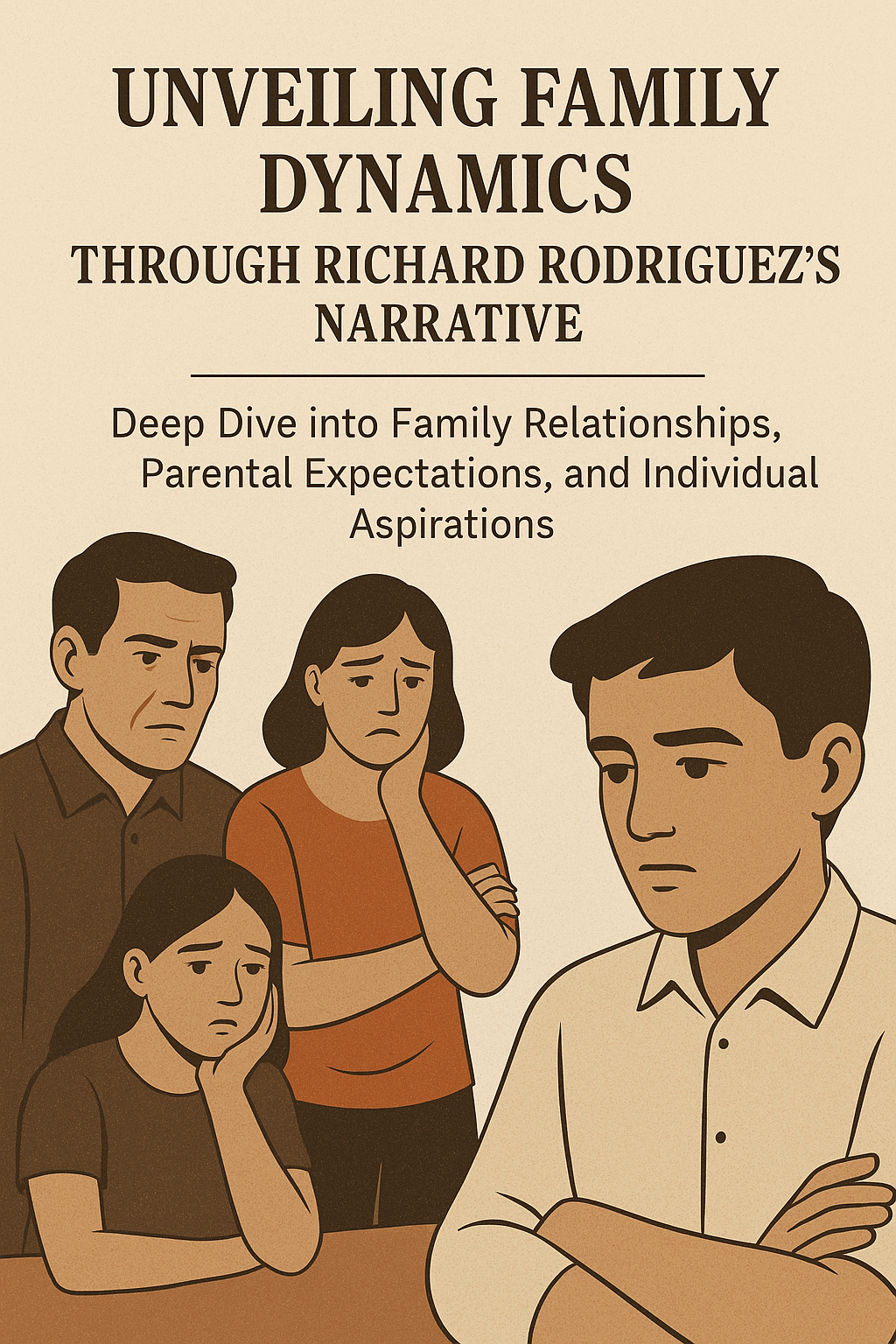
Unveiling Family Dynamics through Richard Rodriguez’s Narrative
This series explores the intricate family dynamics in Richard Rodriguez’s narrative, revealing the tensions between parental expectations and individual aspirations. Through themes of love, disappointment, and self-discovery, it examines how familial bonds shape identity and growth. A reflective journey for anyone seeking to understand the complexities of family relationships.
-
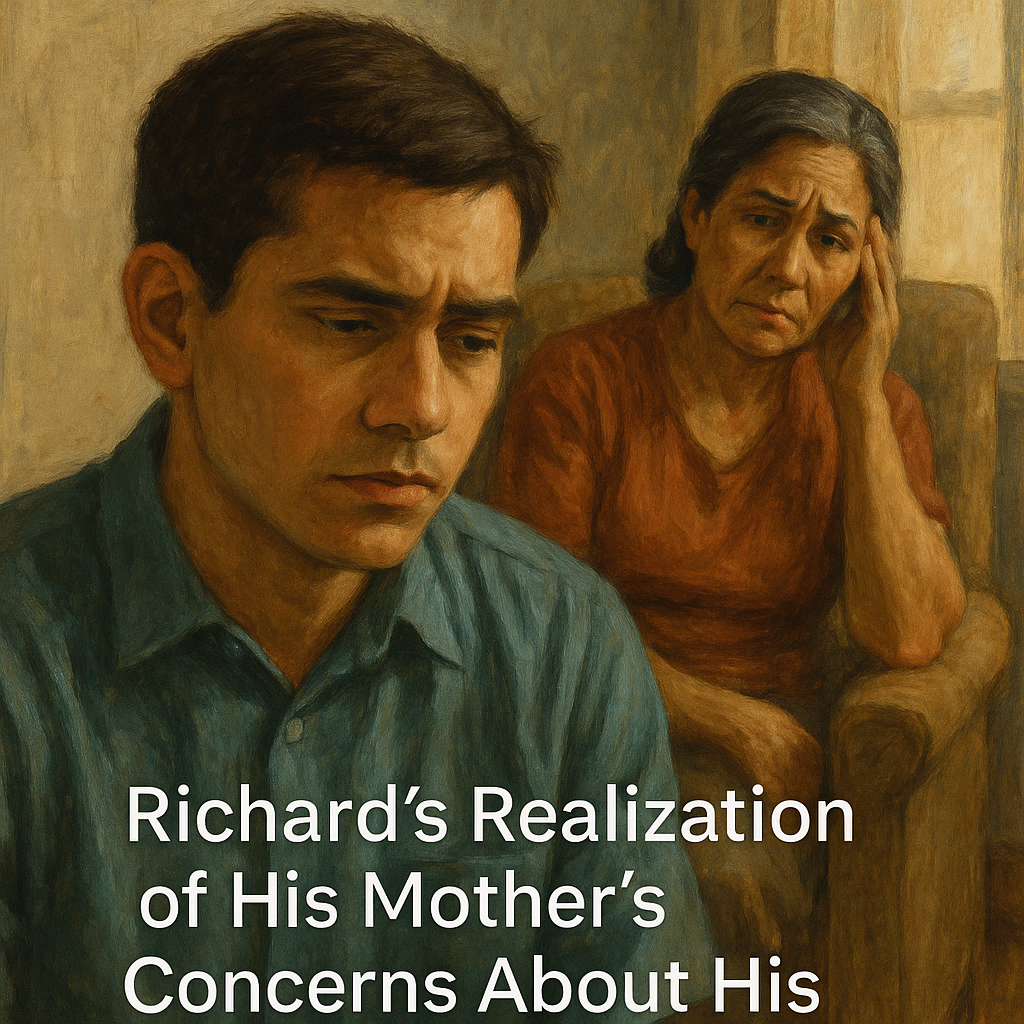
Richard’s Realization of His Mother’s Concerns About His Future and Adulthood
Richard Rodriguez reflects on his mother’s concerns about his future, realizing her disappointment is rooted in love and high expectations. Through comparisons with his siblings’ successes, he explores the weight of parental pressure, familial expectations, and his journey toward maturity, empathy, and self-awareness within the complex web of family dynamics.
-
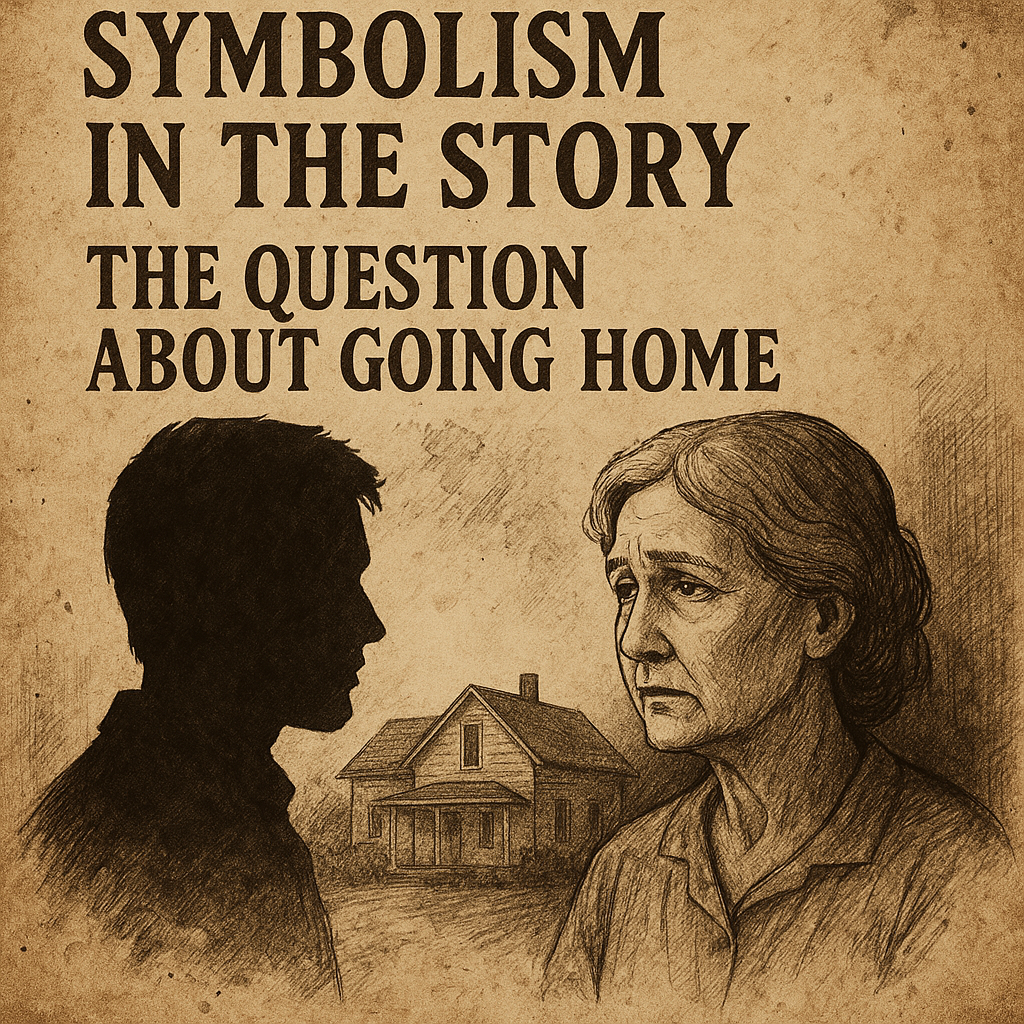
Symbolism in the Story: The Question About Going Home
Richard Rodriguez decodes the symbolism in his mother’s question, “When will you go home?” A simple query becomes a reflection of her anxieties about his adulthood, independence, and stability. Through this moment, Rodriguez explores the weight of parental expectations, cultural norms, and the universal struggle of transitioning into maturity.
-
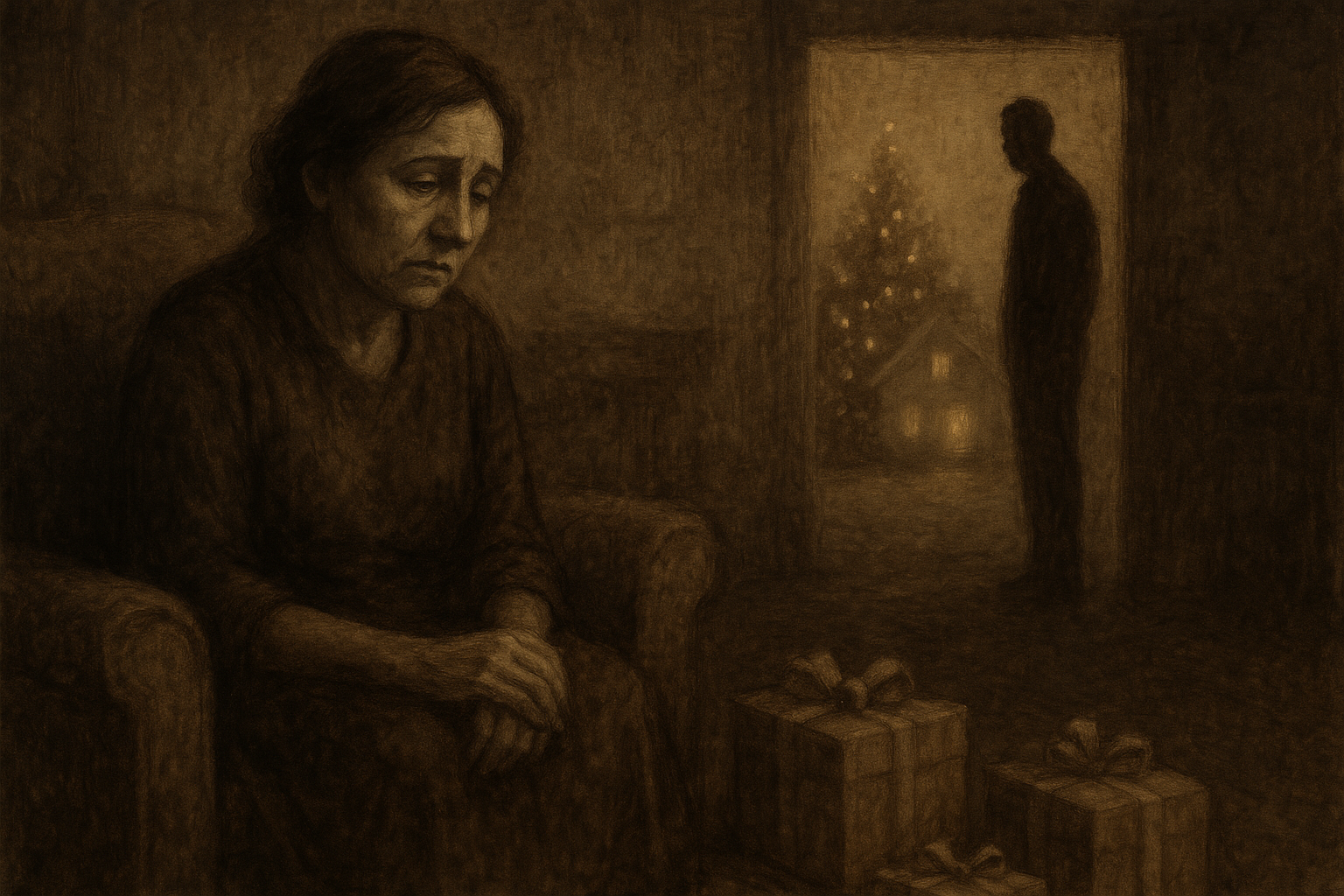
Rodriguez’s Mother’s Depressed State and Disappointment
Through narrative clues, Richard Rodriguez reveals his mother’s quiet sadness during a Christmas gathering. Surrounded by gifts yet emotionally distant, her faint smiles and contemplative silence expose the tension between outward festivity and inner disappointment. This subtle portrayal underscores the complexity of family dynamics and the emotional weight of unspoken expectations.
-

A Mother’s Desire for Her Children to Have Better Lives
A mother’s love carries both hope and burden. Richard Rodriguez’s narrative reveals the complexities of maternal desire for children’s success, the weight of expectations, and the delicate balance between guidance and individuality. This reflection invites readers to explore family dynamics, sacrifice, and the emotional ties that shape our lives.
-
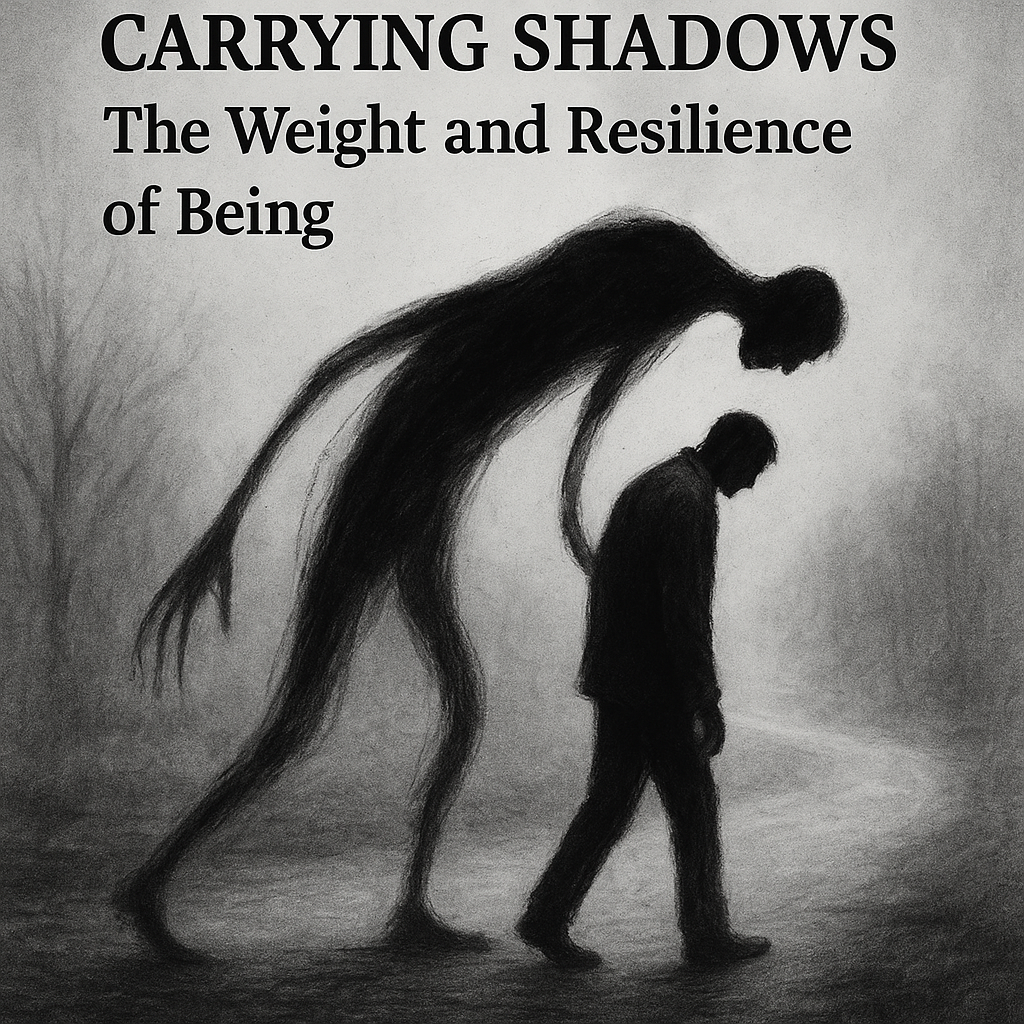
Carrying Shadows: The Weight and Resilience of Being
Existence is heavy—sometimes unbearably so. Yet within the weight of survival lies resilience, memory, and quiet hope. This reflection explores the burdens we carry, the chains of thought, and the fragile light that reminds us why we continue—even when simply being feels like the hardest battle of all.
-

The Human Emotion: Sadness
Sadness is a universal emotion—uncomfortable yet deeply human. It slows us down, urging reflection and empathy. From childhood lessons to adult resilience, sadness shapes who we are. Rather than suppress it, we can learn from it, discovering its power to connect us and teach us what truly matters.
-

Tuolumne: Where Water Remembers Us
A river becomes more than water in Deborah A. Miranda’s memoir—it becomes ceremony, inheritance, and the quiet bridge between a father and son. In “Tuolumne,” healing flows without words, carrying memory, grief, and the sacred pull of nature’s embrace.
-

Ink & Pain: How Art Heals the Wounds We Hide
Creativity gives shape to pain and purpose to suffering.
-

The Noise Inside: Calming the Inner Storm
When the mind spirals, it helps to anchor it in practice and presence.
-

Grief, Love, and the Spaces Between
Grief can feel like a storm without an end—but it can also be the soil where meaning is rebuilt.
-

Confessions of an Obsessive Planner
My planner isn’t just a tool; it’s my therapy, my safety blanket in life’s chaos. From color-coding to setting goals, planning brings excitement and clarity to my days.
-

Living the Absurd: How It Shapes My Life
Life often unfolds in ways that defy reason, leaving us face-to-face with the absurd. This reflection explores how we encounter meaninglessness, struggle, and unpredictability, and how those moments shape our search for purpose. By embracing absurdity, we discover resilience, self-awareness, and the possibility of creating meaning amid chaos.
-

The Real New York: Biggie’s ‘Juicy’ Explained
Notorious B.I.G.’s “Juicy” (1994) remains a cultural anthem of resilience, ambition, and transformation. From hardship to triumph, Biggie’s lyrical storytelling captures the essence of hip-hop as both personal testimony and universal narrative. This post explores the song’s legacy, themes of struggle and success, and its enduring impact on music.
-
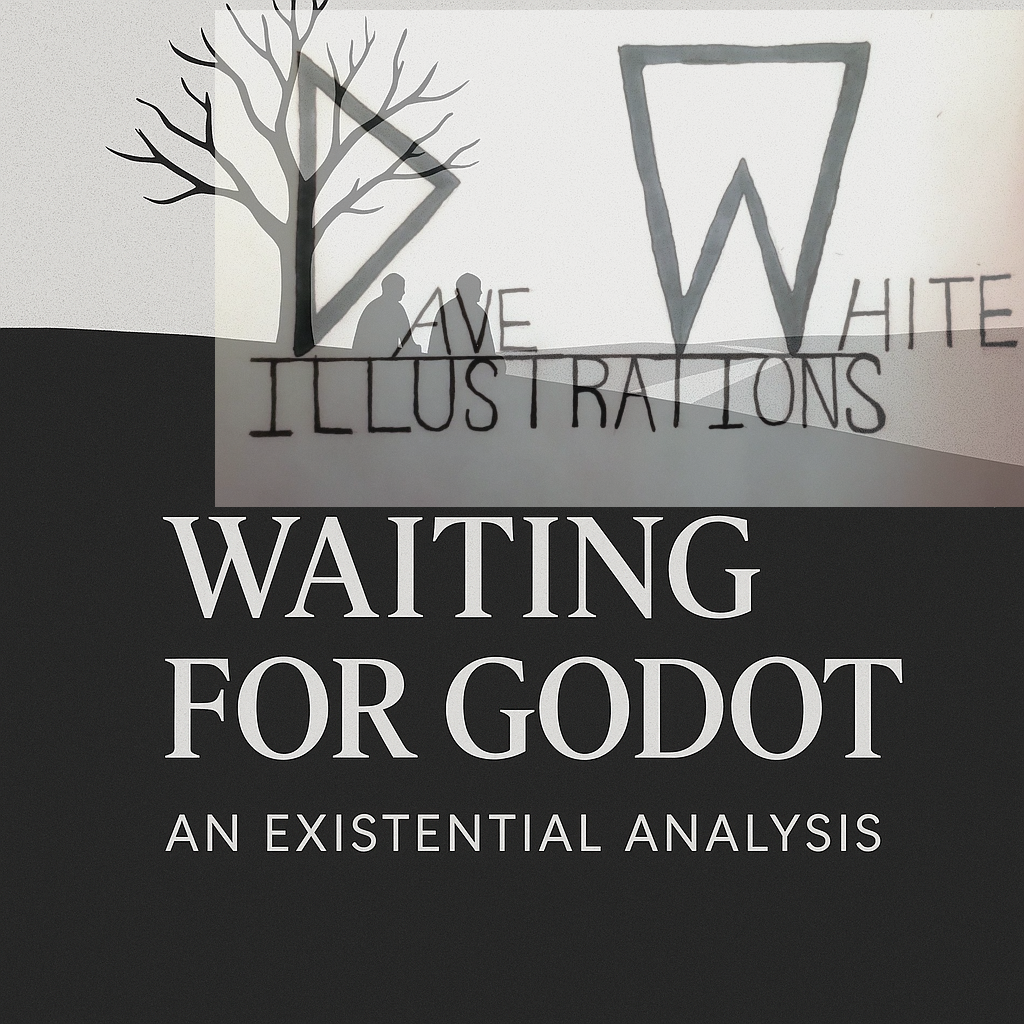
The Meaning of Life in Waiting for Godot
Samuel Beckett’s Waiting for Godot is a haunting exploration of existentialism, human struggle, and the search for meaning in a seemingly meaningless life. Through Vladimir, Estragon, and the enigmatic Godot, the play questions purpose, memory, religion, and the futility of waiting — a mirror to our shared human condition.
-

Epic and the Epic Hero
The epic heroes Superman and Odysseus embody their cultures, showcasing traits like mysterious origins, extraordinary powers, vulnerabilities, and qualities essential for their heroic journeys and destinies.
-

Finding the Ones Worth the Battle
Hurt is inevitable, but love is a choice. This piece explores the sacred act of discernment—knowing who deserves your battle and who does not. Through grief, loss, and resilience, we discover that only a rare few are worth suffering for—the ones who stay when everyone else leaves.



